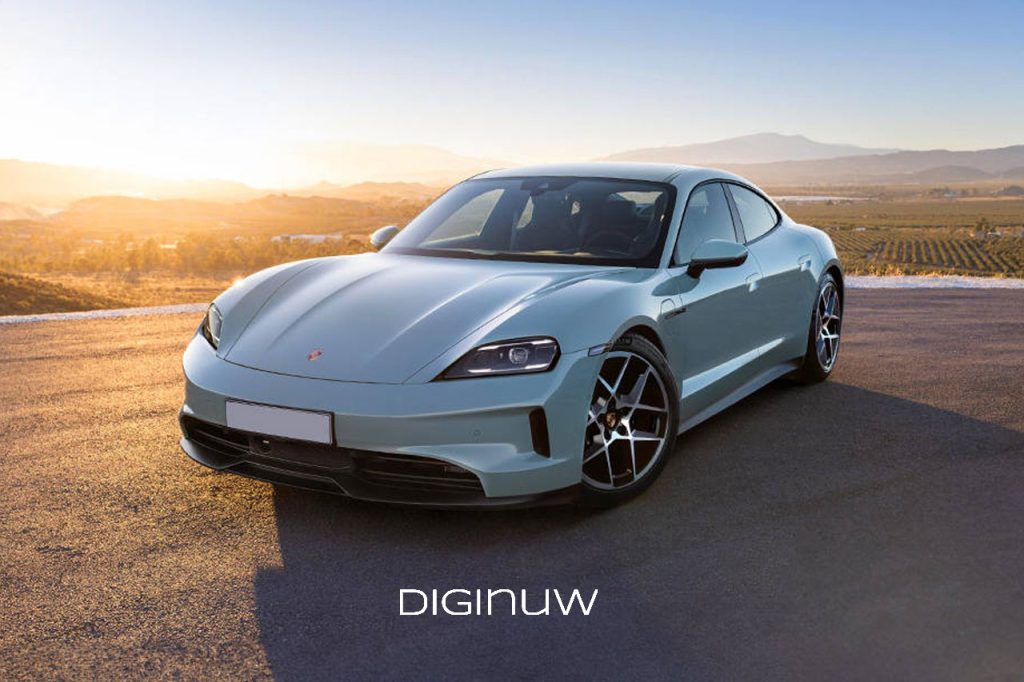
The German company Porsche managed to sell more than 310,000 cars worldwide in 2024.
The results of Porsche’s global sales in 2024 have just been released, and these results paint a mixed picture of the German automaker’s performance.
While overall sales fell by 3% to 310,718 units, the company’s gasoline cars have received a remarkable reception.
This contrast is especially evident when compared to the disappointing sales of Porsche’s electric vehicles.
especially the Taycan. The mixed picture also includes the successful launch of the second-generation Macan electric model and the continued popularity of the 911 and Boxster models.
One of the unexpected highlights of the Motor1 report is the stunning performance of the Cayenne. In 2024.
it became Porsche’s best-selling model, with sales increasing by 18% and deliveries of 102,889 units to customers worldwide. This success can be attributed to the launch of the facelifted model in 2023.
In contrast, sales of the Taycan fell 49 percent to just 20,836 units. Porsche attributes the dramatic decline to the model’s mid-year facelift, which led to a temporary halt in production and delivery and slower-than-expected adoption of electric vehicles.
Porsche has admitted it was overly optimistic about the pace of growth in the electric vehicle market. It even suggested using gasoline engines in cars initially intended to be fully electric.
Meanwhile, second-generation Macan electric model sales have enjoyed a successful start.
with 18,278 units sold despite its launch in late September. However, it has difficulty making up for the 64,517 gasoline units sold by its predecessor, which were completely wiped out by new cybersecurity regulations in Europe, specifically the [insert specific regulation or its impact on sales].
In the sports car segment, the 911 model increased sales by 2 percent to 50,941 units, and the Boxster models increased by 15 percent to 23,670 units. The performance of the 718 is critical, as it, like the first-generation Macan.
was removed from the European market due to cybersecurity regulations. This success came amid rumors that these models would be discontinued and replaced by electric models.
Sales of the Panamera model also fell by 13 percent to 29,587 units, which Porsche attributed to a decline in demand in China. This market continues to show a strong interest in sedans. Overall, 2024 was not a successful year for Porsche in China, with the company’s overall sales falling by 28 percent.
Demand for Porsche cars increased in other regions. However, this increase could not compensate for the sharp decline in sales in China. These statistics show that Porsche is facing serious problems selling electric cars and competing in the Chinese market. It must urgently adapt its strategies to changes in the automotive world.
